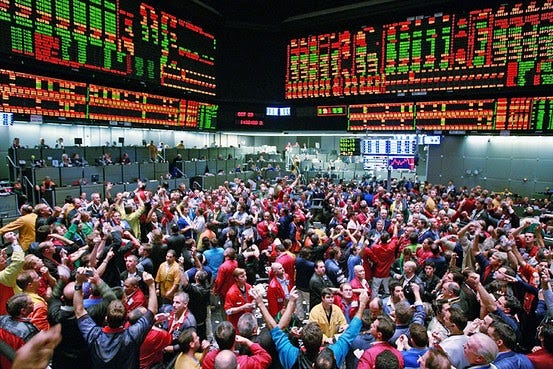
Saved by Keely Adler and
The Culture of Cope

Saved by Keely Adler and




People worry about culture because they know it sets the agenda for the future.
And who wouldn’t want to be in charge of that?
Wall Street and the City held the crown through economic dominance, regulatory capture, and cultural philanthropy. They faltered in 2008 and never regained their pre-crisis legitimacy. The presumptive heir to the throne,
... See more